The Best Restorations of 2023
This article is part of Film Comment’s Best of 2023 coverage. Read all the lists here.
Below are 10 film restorations, preservations, reprints, and remasters that I was able to see in 2023. These represent what I consider to be some of the best work done this year in terms of technical processes, efforts to make difficult-to-see films accessible to the public, and engagement with cinema history.
Accompanying film titles are the available technical specifications, as well as the names of the organizations and labs that did the work. This context, while unromantic, feels all the more vital as we burrow deeper into a digital age that sees cinema—a term that is increasingly difficult to define—proliferate across a multitude of formats and spaces.
It’s important to remember that the physical lineage of a film is as significant as its personnel or plot. As celluloid struggles to survive in the 21st century, we should take note of and celebrate the labs and organizations fighting to keep 35mm, 16mm, and even 8mm in our movie theaters.
The Woman on the Beach (Jean Renoir, 1947, U.S.) – Photochemical Restoration
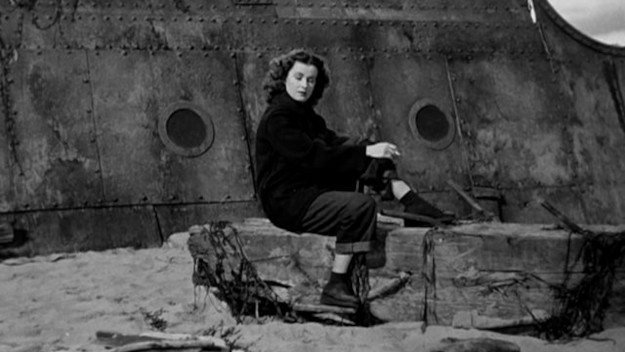
Restored by the Library of Congress and The Film Foundation. The restoration was done by YCM Laboratories and the audio restoration by Audio Mechanics. The best surviving picture and sound sources—along with the 35mm original camera negative held by the Library of Congress—were borrowed from Warner Bros. and are the primary sources of this restoration.
The Dupes (Tewfik Saleh, 1972, Syria) – Digital Restoration
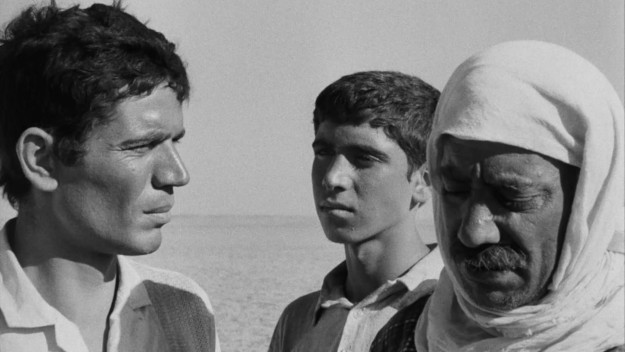
Restored by The Film Foundation’s World Cinema Project and Cineteca di Bologna in collaboration with the National Film Organization and the family of Tewfik Saleh.
The 4K restoration used a 35mm dupe negative preserved by the Bulgarian National Film Archive (Bulgarska Nacionalna Filmoteka), and was completed by L’Immagine Ritrovata laboratory.
The Black and the Green (St. Clair Bourne, 1983, U.S.) – Digital Restoration

Restored in 4K by the Museum of Modern Art using original 16mm elements courtesy of Chamba. The lab work was done at Cineric.
Artificial Light (Hollis Frampton, 1969, U.S.) – Photochemical Preservation
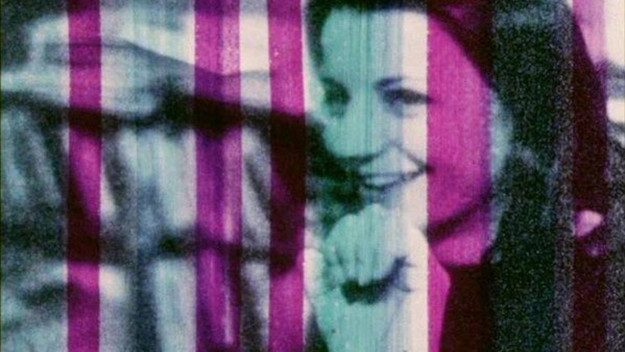
Preserved by Anthology Film Archives from the original A- and B-rolls photochemically to (now discontinued) Kodak color internegative stock. New 16mm prints were struck from the preservation internegative. Work was done with BB Optics and Colorlab.
Un rêve plus long que la nuit/A Dream Longer Than the Night (Niki de Saint Phalle, 1976, France) – Digital Restoration
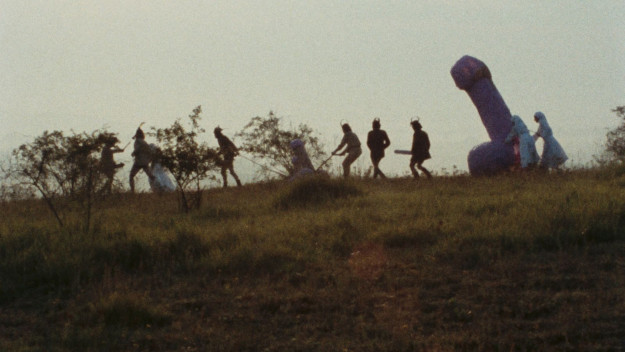
The 4K restoration was completed using the original 16mm camera and sound negatives. The restored version corresponds to the edit in 1976 when the film was first released. The restoration was supervised by Arielle de Saint Phalle and realized at L’Immagine Ritrovata (Bologna-Paris) in 2023.
Yam Daabo/The Choice (Idrissa Ouédraogo, 1986, Burkina Faso/France) – Digital Restoration
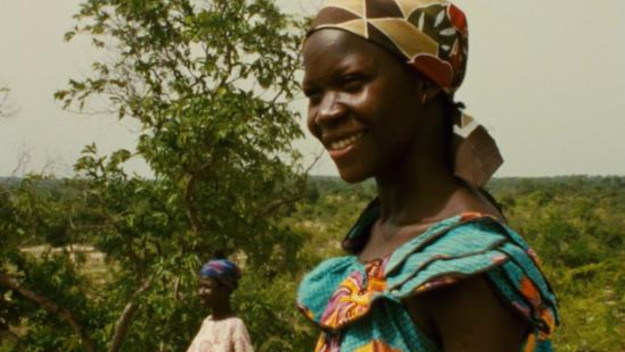
Restored in 4K from the 16mm original negative camera and magnetic sound by The Film Foundation’s World Cinema Project and Cineteca di Bologna at L’Immagine Ritrovata and L’Image Retrouvée laboratories, in collaboration with Les Films de la Plaine and the family of Idrissa Ouédraogo. Color grading was finalized with the help of director of photography Sekou Ouédraogo. This restoration is part of the African Film Heritage Project.
Household Saints (Nancy Savoca, 1993, U.S.) – Digital Restoration
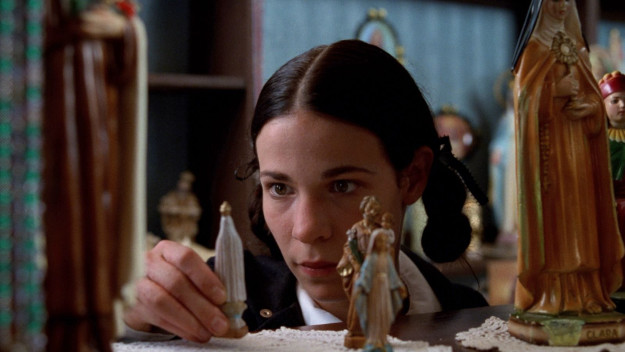
Restored and remastered by Lightbox Film Center at University of the Arts (Philadelphia) in collaboration with Milestone Films, with support from Ron and Suzanne Naples. Restoration Supervisor: Ross Lipman, Corpus Fluxus. Picture Restoration: Illuminate Hollywood. Sound Restoration: Audio Mechanics.
The Plot Against Harry (Michael Roemer, 1969, U.S.) – New 35mm print + Digital Restoration
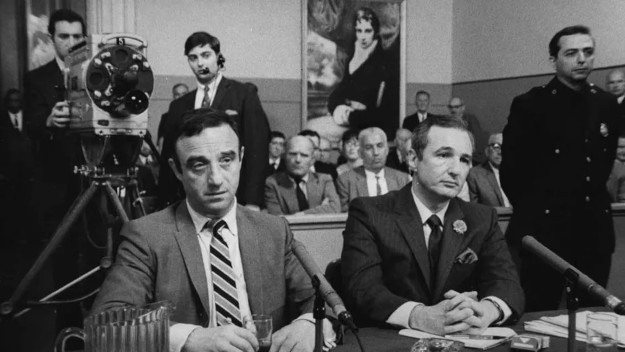
Restored in 4K from the original 35mm elements, and a new 35mm was printed by The Film Desk in 2023 at Colorlab.
The Devil Queen (Antonio Carlos da Fontoura, 1974, Brazil) – Digital Remaster
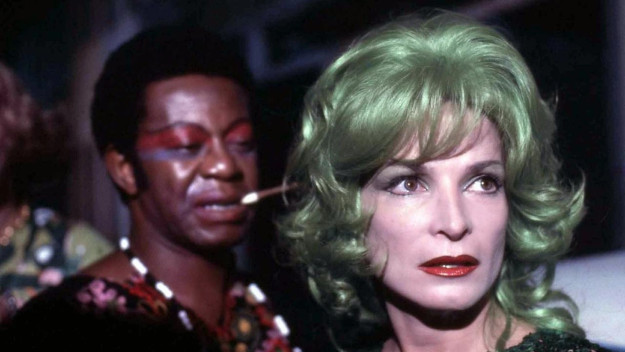
Digitized in 4K through an initiative by Janela Internacional de Cinema do Recife in partnership with Cinelimite, Mapa Filmes do Brasil, and Link Digital, with support from Mnemosine. The sources for the digitization were the original 35mm camera negatives preserved by the Arquivo Nacional and a digital audio file captured by Centro Técnico Audiovisual. The technical coordinator of the project was audiovisual preservationist Débora Butruce.
Return to Reason: Short Films by Man Ray (Man Ray, 1923-1929, France) – Digital restoration featuring a new musical score from the band SQÜRL
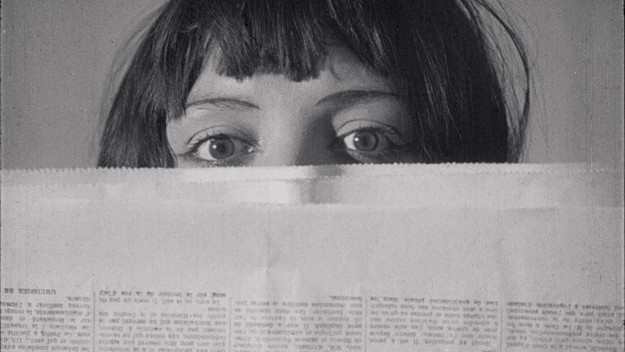
The restoration process was led by Womanray and Cinenovo, sourcing original prints from various parts of the world, in partnership with La Cinémathèque française, the Centre Pompidou, the Library of Congress, the French CNC, and Cineteca di Bologna.
Gina Telaroli is a filmmaker and cinema worker.







